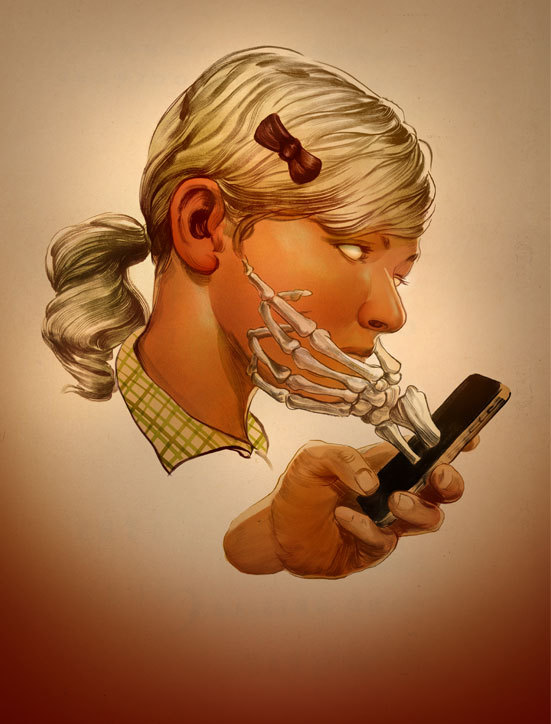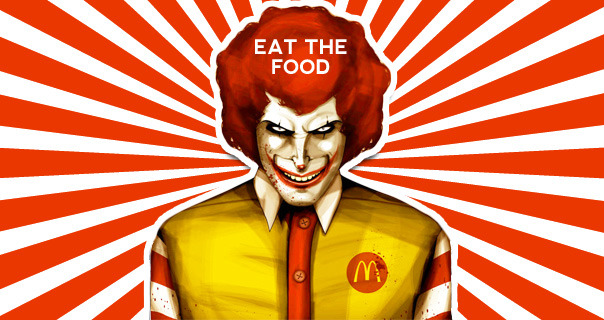The new Kindle Unlimited campaign is smoking out new opinions on Amazon's strategy [1]. I liked this comparison of the Kindle to the iPod's early days, and the evolution from buying single songs to streaming music services (Songza is my favorite). The lack of privacy is of concern to the writer, though buying a Kindle or even having an Amazon account means you have opted for convenience over privacy. The local public library (funded by your tax dollars) may offer a little more in the way of privacy and choice (thanks to librarians, not the government) -- some observers are not all that excited by the books on offer via the Kindle lending library or Kindle Unlimited. Of course, paying with cash at your local new or used bookstore may circumvent privacy and choice concerns.
Austin Kleon (via his marvelous weekly mailing) pointed me to this critique of the Kindle by a new reader. Pierce makes some sharp observations about the Kindle, especially how the designers chose to glorify the device over the book you're reading. He also has reservations about the shared-passages feature of Kindle e-books; it's as if someone is reading over your shoulder and turns what has traditionally been a private experience into an unasked-for shared one.
And I also have the sense he describes of the Kindle separating me from the traditional reading experience. Many books on my shelves double as physical objects I formed a relationship with -- they're signed by the authors, I read this one during that long week in Anaheim, I read this one when I was unemployed and it led me to read these other books, etc. The reading experience is different on a Kindle; my memories of a book will now be associated to a device rather than a book. Instead of forming a relationship to the book I'm devising a relationship to the device.
For example, if I'm going on a trip and I only have room to carry two books in my bag, then I'm making a commitment to give these books a chance. There are physical consequences of weight and comfort to consider, but I'm also promising myself that I will put in the time to read them. With the Kindle, though, I have maybe 50 or so books and collections I've downloaded. Which do I read first, which do I commit to? Does it really matter, since I can choose to flip in a moment from this essay collection to that novel to that e-book written by a friend? No one book will have my full committed attention unless I delete all the others from the device, because it's the device I've committed to, rather than the e-book.
Or such is my current improvised line of thinking on this sunny and beautiful Sunday afternoon, where I am skimming web pages and writing blog posts rather than sitting down to read a book.
[1] I do not plan to sign up for the service at this time. I already have more books than I can eat on my Kindle. And I have more movies in my Netflix queue than I could see if I had a week off. ^








